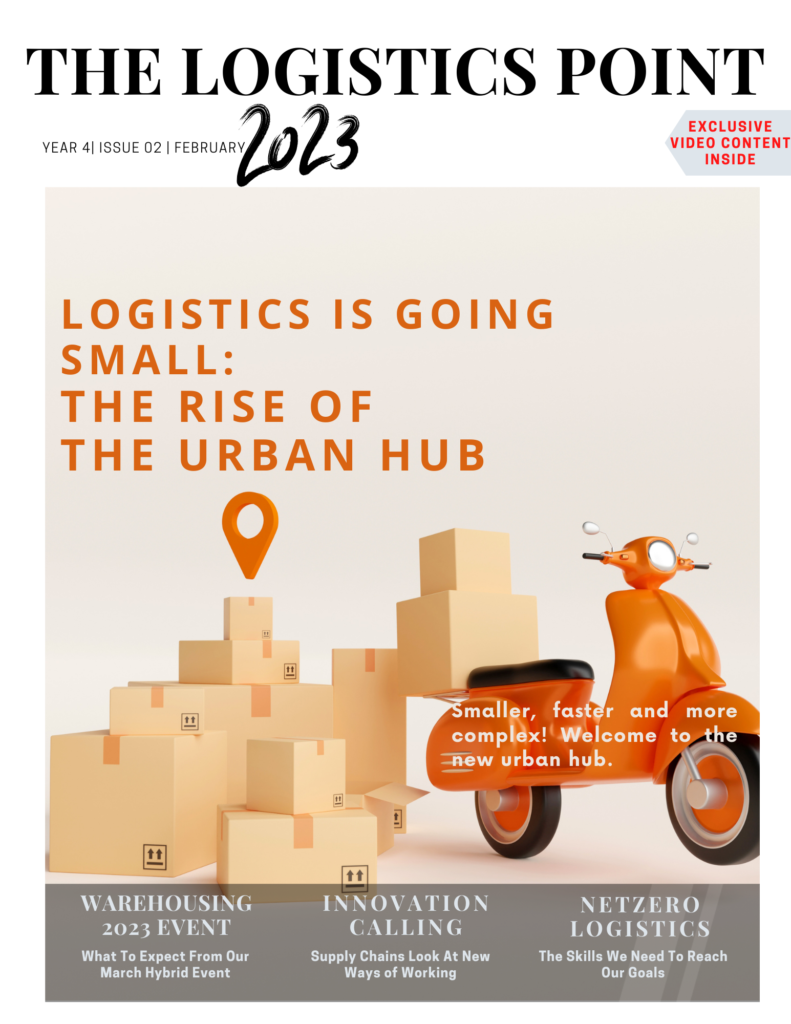HR specialists need to do more to change the narrative regarding manufacturing, which is still seen – unfairly and incorrectly – as unskilled labour.

Oshin Cassidy, Chief People & Culture Officer at Essentra PLC says that while there are many very highly-skilled jobs and careers in manufacturing, these are often lost in the stereotypical portrayal of the sector: “This is harmful to the inflow of new talent,” she says.
And her views are supported by the facts: nearly a quarter of those questioned (24%) for the State of Manufacturing 2023 Report, conducted for Essentra Components by The Engineer Magazine, believe that manufacturing suffers from an image problem.
As a result, more than three quarters (77%) have problems filling vacancies, and a similar figure (74%) are said to lack the necessary skills their prospective employers require.

Whilst few sectors are finding it easy to recruit the engineers they need, there does appear to be some variation across the verticals. For instance, whilst more than 90% of respondents from the automotive, oil & gas, and aerospace sectors say they are struggling to recruit, this figure falls to 58% for the energy sector and 38% for consumer goods.
The findings also suggest that recruitment difficulties vary according to company size. Unsurprisingly, given that larger businesses will naturally have a higher number of vacancies to fill due to the company size, 97% of respondents from the largest companies (employing 5,000 plus) report challenges filling vacancies, whilst just over half of respondents from the smallest companies represented (1-9 employees) report similar problems.
Some businesses have shown that they can recruit and retain talent, but Oshin believes there are lessons to be learned from them in terms of future attraction models: ‘The skills ‘gap’ doesn’t only include engineers on the manufacturing floor. It also includes future leaders,” she explains.
Even before COVID-19, there was a generation of leaders who had the competence to lead, but not necessarily the resilience to stay. For many in middle management, the pandemic was a test too far, and many have left the industry.
“COVID-19 has also given way to a new generation of leaders, individuals who have positively thrived through the crisis, and have proven they have the resilience and fortitude their employers so desperately need. Many of them have high levels of EQ, as well as IQ, and this is a significant shift in culture. Whereas once the ability to empathise with an employee was a ‘nice to have’, today it is essential, and these ‘softer’ skills have taken on a new importance.”
The report, which sought to uncover the biggest concerns facing engineers working in UK manufacturing, found that hybrid working would help attract more new talent to the industry; 63% have a hybrid working programme in place.
Resignations, however, are an ongoing problem and exacerbate the shortage of engineers already being felt. Almost a third (32%) of respondents say that they have noticed a growth in resignations at a senior level, and filling the gaps was a concern.
“The next generation of workers don’t want to work in manufacturing, largely based on perception, and possibly the impact of the ‘gig’ economy and the change to ways of working, but it is also partly about education,” Oshin concludes.
“Our education systems are not yet in tune with the skills that we need going forward. Businesses themselves can only do so much.”



